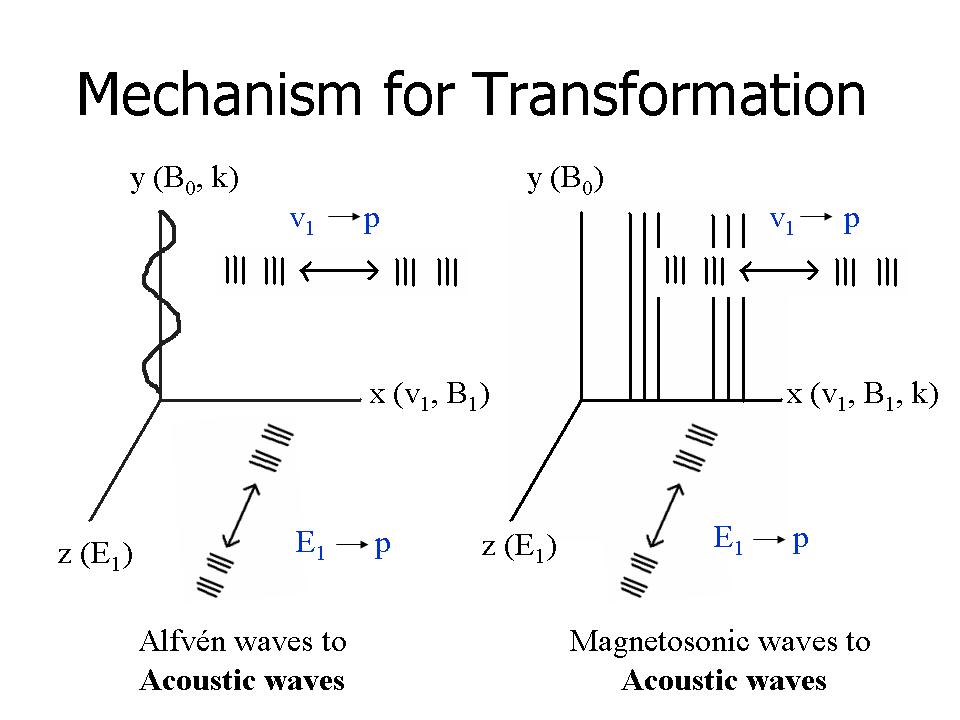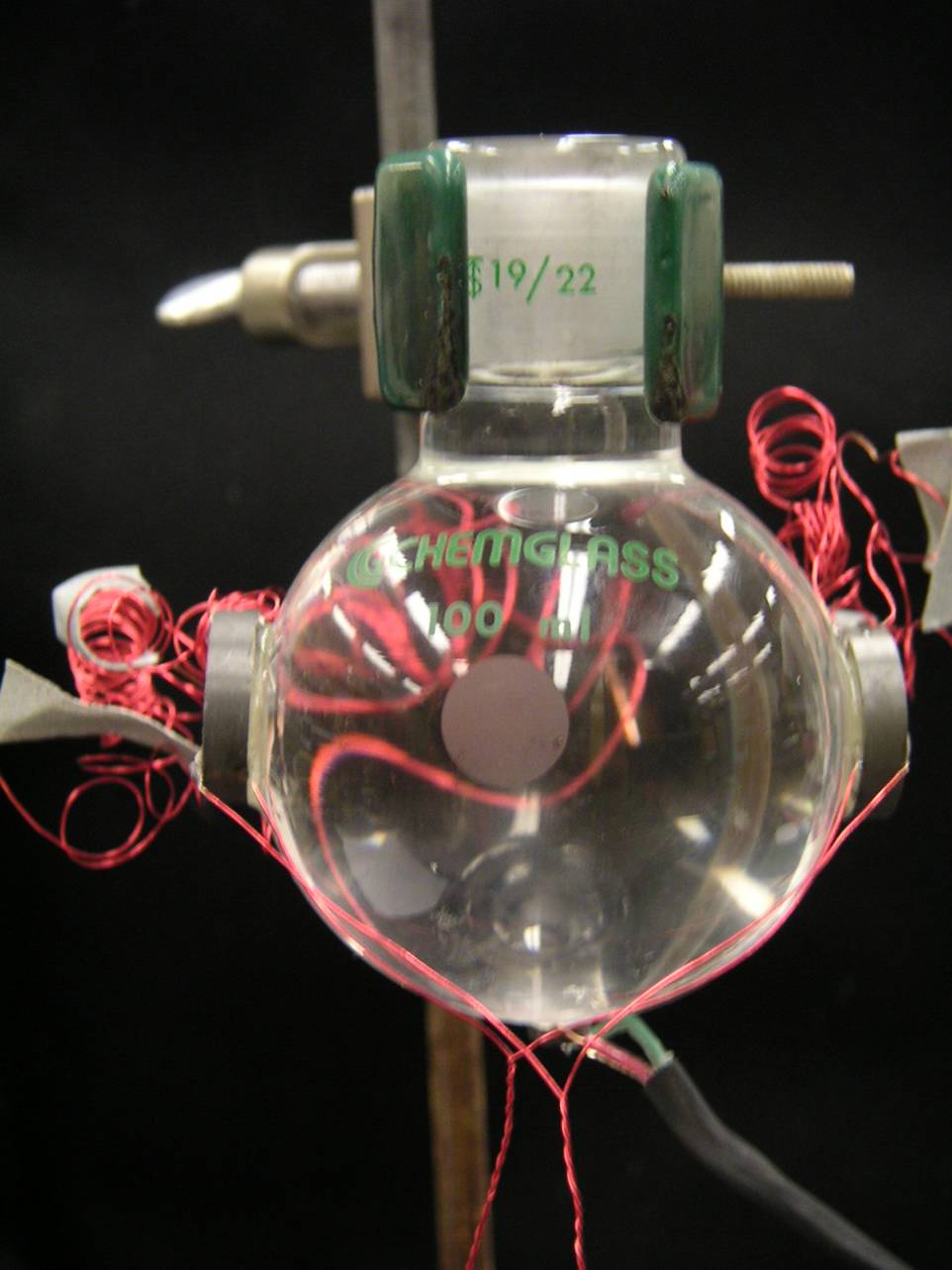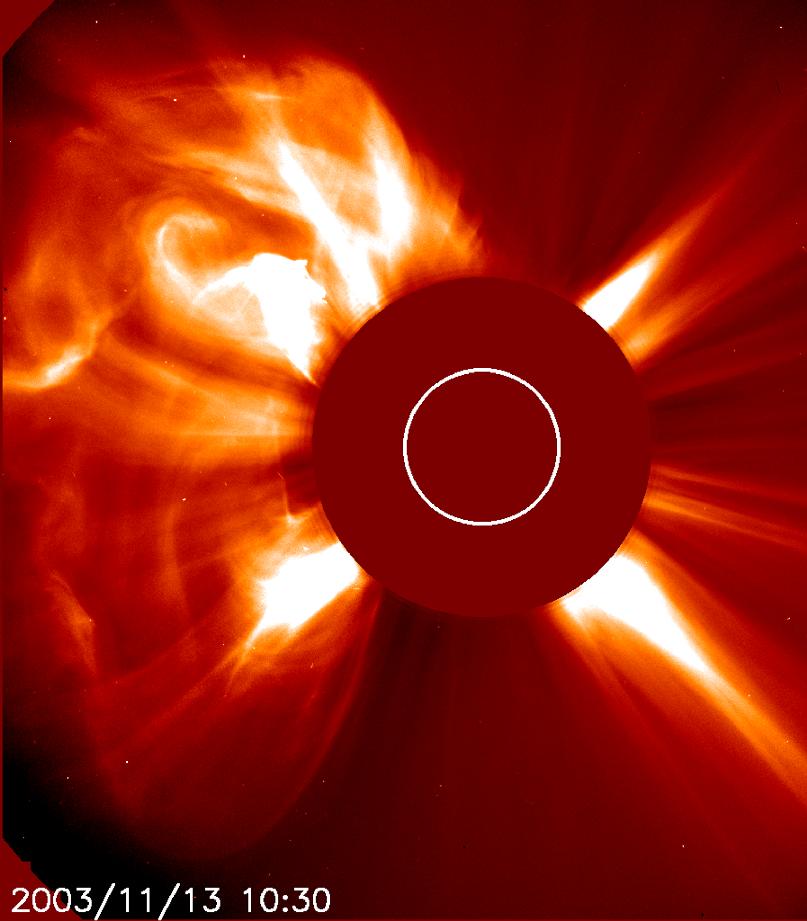|
|
Student Research Projects
Physics of Astronomy, Winter-spring 2006 - updated
2.June.2006
|
|
Click here for photos of students presenting at the American Physical Society NW section meeting
|
 
3 April 2006, Aldersundet, NorwayPhoto: Eskil Olsen
|
Jada Maxwell - Magnetic to acoustic waves in aurorae
- webpage-
ppt |
 |
Sonoluminescence - Chris
Casanovas and Sara Neal - ppt |
| |
Michael Koohafkan - Tidal Locking of the Earth - doc
- ppt |
| |
|
| |
|
| |
|
Presenting at the American
Physical Society NW
section meeting, 19-20 May 2006, UPS, Tacoma WA
PHOTOS COMING - check back...
Each student will plan a research project in Winter
quarter, and carry it out in Spring quarter.
This project is designed to be a significant part of your learning this
year. Use it to investigate more deeply a question that is particularly
interesting to you.
Post your assignments in the online Research folder
|
Winter Research Goals:
- Identify possible research topics of interest
- Learn to search for scientific articles in the library and online
- Find review articles to identify outstanding questions and good
resources
- Skim plenty of articles in your area of interest, and read the
best ones carefully
- Share your ideas about research in several short presentations
- Articulate a research question and hypotheses to motivate and
guide your investigation
- Work with a team
- Produce an annotated bibliography of research articles
- Propose research to carry out in spring to investigate your
question
weeks 1-3: We discuss topics of active
research in physics and astronomy, in the context of lectures, seminars,
and your short presentations. You begin reading journal articles
and browsing for interesting research topics. Sign up as a member
of the American Physical Society
(APS) NW section when
you subscribe to Physics
Today, and plan to present the results of your work at the APS
meeting in May in Tacoma.
week 4:
week 5: Your interim research planning
report is due this week (online, and hardcopy to your prof),
before your Research Planning presentation.
- Read the five best articles you found from last week's library
search (you have a break from classes, so you have extra time
to do this).
- Write an Annotated Bibliography:
- Summarize each article in one paragraph, in your
own words.
- Reference: Include the complete reference at the
top of each summary, including author, journal, date, page,
and title.
- For books, summarize the best few chapters, and reference
the publisher and ISBN.
- Web pages are generally not acceptable as scholarly sources,
but you may find some that are compelling. Include
all the web sites you might want to use, in your Annotated
Bibliography as well.
- Evaluate: In a second paragraph, evaluate the reliability
and scope of each article. (How) might this source be useful
to your investigation?
- Write a 2-3-page interim report articulating at least two interesting,
open question(s), and at least two different hypotheses for each
- How could you test these hypotheses? What calculations or experiments
might you do to investigate them? Be as specific as possible.
- Present a 10-minute informal report to classmates about your
research questions and hypotheses.
- Make this interesting to your classmates. One of your goals
is to convince someone to join you in this research. Everyone
must have a teammate.
- Colleagues will give you feedback. By the end of the quarter,
you should have a fully developed research proposal on an interesting
question.
week 6: Choose a teammate to do your research
with. (Teams of 3 are fine, but 4 is too many for this project.)
- Agree on a focus for your joint investigation.
- Discuss how each teammate will contribute, and how you will
work together.
- Together, create an online Discussion (not a Folder) with an appropriate
title and a SHORT description, including both of your names.
- Post the rest of your research work there, starting with a suitably
revised TEAM interim research planning report.
weeks 7-8: Finish your research planning:
- Read more articles
- Post information and ideas on your team's online discussion.
- Read your teammate's posts and respond to them promptly.
- Focus, and choose your best research Question(s)
- Fine-tune your Hypotheses
- What experiment(s) could you do to investigate your question? Data analysis?
- Can you get access to the equipment you need?
- Do you need to build or buy anything? If so, propose a budget.
(We have allotted $50 per student for these projects. If you need
more, what other sources of funding are available to you?)
- What theoretical calculations can support your investigation?
Do you have the math skills you need? What new analytic skills
can you develop in your investigation?
- What will you do week 10 to prepare for your research? Get a
driver's license on the MRI? Other prep activities?
- Make a schedule of activities for spring quarter. Articulate
your goals, week by week, and the steps you will take to accomplish
them.
week 9: Present your final Research
Proposal in class, preferably as a PowerPoint presentation.
BEFORE your presentation: Post your Proposal (in any reasonable
format) online and give Zita a hardcopy in class. You will probably
need about 5 pages for your Research Proposal, and 3-5 pages for
your annotated bibliography. Come on time and listen to presentations
- do not miss any classmates' presentations (yes, these will be
on the final).
- What motivates your interest in this topic? Why is it important?
(1-2 paragraphs)
- Your research question(s)
- 3 hypotheses for each question: primary, alternative,
and null
- Literature review on your question: who else is working
on this, and what do they think about it?
- Appropriate REFERENCES (author, year, page) for ALL information that
is not common knowledge, in every sentence
- If you use graphics from other sources (e.g. web pages), always
reference them with both the Reference and the URL.
- Strategies for investigating your question, including tests
(experimental, data analysis, computational, and/or theoretical)
- Prep Activities for week 10
- Schedule of activities and budget for spring quarter
- Annotated bibliography
- 3 candidate questions (and answers) for the final exam (email
these to Zita no later than the day of your presentation)
Colleagues will evaluate each proposal using criteria
similar to those used by the National Science Foundation. Rating
sheets.
$$ Proposals with high enough ratings will be funded, within limits.
Review sheets.
- What is the intellectual merit of the proposed research?
- How important is the proposed research in advancing knowledge
and understanding within its own field or across different fields?
- How well qualified is the proposer (individual or team) to conduct
the research?
- To what extent does the proposed activity suggest and explore
creative and original concepts?
- How well conceived, organized, and clear is the proposal?
- Is there sufficient access to resources?
- What are the broader impacts of the research?
week 10: Carry out the Prep Activities
in your Research Proposal. Apply now for a travel grant to the APS-NW meeting in May. |
|
Spring Research Goals:
- Carry out your research proposal
- Test your hypotheses
- Apply experiment and theory appropriately
- Answer your research question
- Register for the American Physical Society-NW meeting by April.
- Clearly communicate what you learn, in a presentation at the
APS-NW
meeting in May. Evergreen students have made impressive showings
at this professional meeting in the last couple of years, and
meeting organizers are looking forward to your excellent work.
- Publish your results, as a webpage, and perhaps even in a print
journal.
$$ Apply to the Evergreen
Foundation to for additional travel support to present
your work. The sooner you apply, the better your chances, as funds
are limited.
|
|



